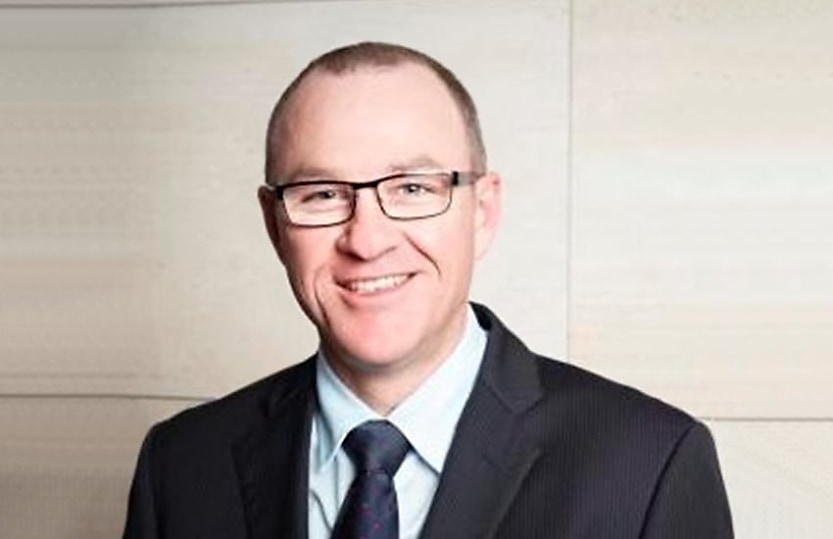Structural change in big 4 consulting market ‘highly likely’, says former PwC CEO

Tom Seymour has told a Senate committee that while breaking up the big four firms into service lines would be “incredibly challenging”, he believes the consulting market will see some form of restructure in the future.
Former chief executive of PwC Tom Seymour has told the inquiry into audit, assurance and consulting that while structurally separating the big four firms into service lines would be incredibly difficult to execute at a global level, some form of structural change with the big four consulting market will likely happen in the future.
In response to questions on notice, Seymour was asked to provide his views on whether the big four consulting industry should be broken up in light of recent instances of misconduct.
Seymour said throughout his career at PwC, there had been recurrent debate in relation to the question of if the big four should be separated among service lines.
All big four companies have been structured differently, however at a high level each company offers the same core areas of services.
These core areas include audit services, taxation services, deals, risk consulting, and consulting services.
Seymour said while signficant complexities would arise if the companies were to be separated, he still believes some form of structural change in the big four consulting market is highly likely.
However, he warned the inquiry that any structural separation would create major practical difficulties for the firms and their clients.
The most obvious complexities include material overlaps in services among the divisions, differing economic systems and regulatory regimes between different countries in the networks, global scope, and legal and economic challenges, he said.
Seymour said during his time at PwC, numerous strategy papers had been produced for and against the separation, and tend to always balance out.
“Any structural change in a sector creates both synergies and dis-synergies for relevant stakeholders,” he said.
“These stakeholders include clients, employees, partners or owners, and the community that has an interest in the services provided.
“The question is whether, on balance, the synergies outweigh the dis-synergies.”
Seymour noted there is a subjective element in relation to what is the “right answer”, and that there would also be winners and losers if the big four were to separate.
He conceded that there is significant public interest in the big four firms, despite the firms being “private in nature”.
Seymour said it is not uncommon for large consulting firms to be private in nature in order to protect third-party investors.
It can be argued that third-party investors need to be protected by privacy through regulatory regimes; however, Seymour said the big four should be an exception of this.
“I say this because much of the work undertaken by these organisations is of nature that is in itself of a public interest,” he said.
“While the audit and taxation divisions are already subject to the regulation by various bodies, their broad system, wide impact creates a bigger and somewhat unique public interest element.”
“In my view, it is this scope of services element of the large firms that is more relevant than the size of the firm in determining the scope and extent of regulatory oversight.”
Seymour said he would support the extension of the public company type regulatory regime accordingly, as it is clearly of critical importance to the Australian community.
“It would seem appropriate to apply the existing public company regime to the greatest extent possible, as opposed to attempting to design a ‘purpose-built’ system,” he said.
“At least, at a conceptual level, this would appear to have the benefit of applying world-class regime that already exists and is well-thought-out, which will no doubt create efficiencies for government and avoid the need to create new regulatory bodies.”
NSW Labor senator Deborah O’Neill said the committee wanted to hear these specific reflections from Seymour to help aid in the future of the industry and nation.
“We do not want to regulate in an inefficient or ineffective way; there is no point,” she said.
“We want to make sure we protect the integrity of the sector, and we enable innovation and advance what’s productive for the nation.”
